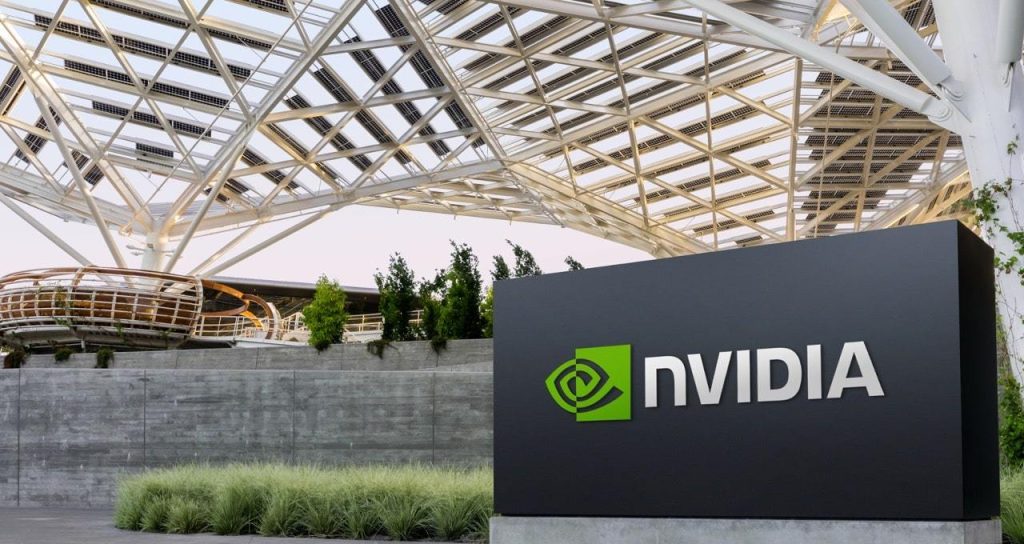NVIDIA will resume selling its H20 artificial intelligence chips to China, following a sharp policy reversal from the Trump administration. The decision, announced this week, caps months of regulatory whiplash that included a short-lived ban on the chips in April.
CEO Jensen Huang recently met with officials in both Washington and Beijing to promote AI’s benefits worldwide. The U.S. government’s change of course comes after high-level lobbying and a major U.S. investment pledge from the chipmaker.
The reversal the delicate balance between American national security concerns and the powerful economic forces shaping the global tech race, a dynamic that directly impacts competitors and customers alike.
From Ban to Reversal: A Timeline of Policy Whiplash
The move marks a significant turnaround from the administration’s position in mid-April, when it abruptly restricted H20 sales, requiring a special license. That ban itself was an escalation of earlier controls that had already blocked more powerful chips like the H800 from China.
This was followed by the administration’s move in May to scrap the complex Biden-era “AI diffusion rule”.
Now, Nvidia confirms it is filing applications to restart H20 sales, stating the U.S. government has assured them licenses will be granted. The company also unveiled a new, fully compliant “RTX PRO” GPU designed for digital twin AI in the Chinese market.
Nvidia’s High-Stakes Diplomacy and Domestic Bets
This policy whiplash didn’t happen in a vacuum. It unfolded alongside a strategic campaign by Nvidia. Huang’s recent meetings in Washington and Beijing on April 17 where he met with Chinese officials were a masterclass in tech diplomacy, aimed at reassuring both governments of Nvidia’s value.
In D.C., Huang reaffirmed support for U.S. jobs and AI leadership. He argued for the strategic importance of open-source models, stating, “we believe that every civil model should run best on the U.S. technology stack, encouraging nations worldwide to choose America,” to ensure America’s tech stack remains the global preference. This was backed by a massive $500 billion plan to build AI server infrastructure in the U.S.
This domestic investment pledge appears to have been a key factor in the administration’s reversal, reframing the debate from pure restriction to strategic partnership.
The Huawei Factor and a Shifting Competitive Landscape
While Nvidia navigated Washington, the ground was shifting in China. U.S. export controls have inadvertently created a significant opening for domestic competitors, chiefly Huawei. The restrictions forced Chinese tech giants, who had been aggressively stockpiling Nvidia hardware, to seek alternatives.
Huawei has capitalized on this opportunity, ramping up production of its Ascend series AI accelerators. Analyst Patrick Moorhead predicted this outcome, telling the NYT, “this kills Nvidia’s access to a key market, and they will lose traction in the country… Chinese companies are just going to switch to Huawei.”
The resumption of H20 sales is a clear attempt by Nvidia to counter Huawei’s rise and prevent a permanent loss of market share. The new RTX PRO chip is another tactical move to serve Chinese customers without running afoul of U.S. rules.
National Security vs. Commercial Interests: The Great Debate
The entire saga highlights a deep-seated conflict within U.S. policy. On one side, security hardliners advocate for strict controls to limit China’s technological ascent. Commerce Secretary Howard Lutnick bluntly summarized this view, stating, “all the greatest chips in the world are American, right? So of course they want them. And of course we said ‘absolutely not,’” regarding China’s desire for top-tier American chips.
This perspective was echoed by AI firm Anthropic, which argued for tighter rules, claiming that “maintaining America’s compute advantage through export controls is essential for national security and economic prosperity” and alleging sophisticated smuggling operations.
On the other side, Nvidia has pushed back forcefully. A company spokesperson dismissed the smuggling claims, retorting, “american firms should focus on innovation and rise to the challenge, rather than tell tall tales that large, heavy, and sensitive electronics are somehow smuggled in ‘baby bumps’ or ‘alongside live lobsters.’”
The current tension is very unlikely to disappear. U.S. officials remain divided, with some, like Commerce Under Secretary Jeffrey Kessler, insisting that chip smuggling is “it’s happening. It’s a fact,” a fact confirmed by officials. Commerce Department spokesman Benno Kass stated in April that “the Commerce Department is committed to acting on the president’s directive to safeguard our national and economic security,” even as policies shift.
For now, commercial interests appear to have gained the upper hand, allowing Nvidia to re-engage with its Chinese customers. However, the episode highlights the volatile geopolitical landscape that the world’s most advanced technology companies must navigate.

